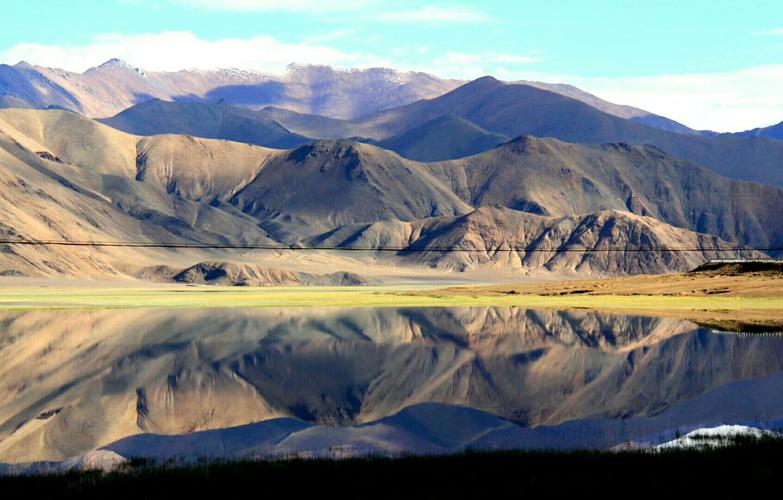How the Environment Shaped Cultural Evolution Throughout History
Humans have come a long way in terms of culture, beliefs, and traditions. They have evolved over the years, adapting to the changing environment and improving their way of life. The world they live in has a significant influence on their thought process, beliefs, and actions. In this article, we will explore how the environment shaped cultural evolution throughout history.
Introduction
Culture is the sum of all the beliefs, traditions, practices, and customs shared by a particular group of people. It is shaped by a wide range of factors such as geography, climate, history, religion, and politics. The environment also plays a crucial role in shaping cultural evolution.
The environment is not just a physical setting but includes everything that surrounds us, such as our food, water, and air. It has a profound impact on the way we live, work, and interact with others. The relationship between culture and environment is complex, and both influence each other significantly.
The Role of Geography in Cultural Evolution
Geography is one of the most crucial factors that shape cultural evolution. It determines the resources available to a group of people, which, in turn, affects their lifestyle. For example, people who live in coastal areas tend to rely on fishing as their main source of food. In contrast, those who live in arid regions may rely on animal husbandry or agriculture.
Geography also plays a significant role in shaping cultural beliefs and traditions. For example, people who live in mountainous areas may have a different worldview than those who live in coastal areas. This is because the landscape they inhabit affects their perceptions of the world.
The Impact of Climate on Cultural Evolution
Climate is another essential factor that shapes cultural evolution. It influences the availability of resources and affects the way people adapt to their environment. For example, people who live in tropical regions may have a different culture than those who live in temperate regions because they have different weather conditions.
Climate also affects the way people build their houses, dress, and even interact with each other. For example, people who live in cold regions tend to wear heavy clothing and build houses with thick walls to keep warm. In contrast, those who live in hot regions tend to wear light clothing and build houses with open windows to allow for natural ventilation.
The Impact of History on Cultural Evolution
History plays a crucial role in shaping cultural evolution. It influences the beliefs, norms, and values of a particular culture. Historical events, such as wars, colonialism, and imperialism, have a significant impact on the way people perceive the world. For example, colonialism has left a lasting impact on many cultures around the world, influencing their beliefs and traditions.
Historical events also shape the way people interact with each other. For example, racial discrimination has a long history, and it has affected the way people from different races interact with each other.
The Role of Religion and Politics in Cultural Evolution
Religion and politics are also significant factors that shape cultural evolution. They influence the way people perceive the world and interact with others. For example, religion shapes the way people view morality, family values, and social norms. Politics also influences the way people live their lives, as it determines the laws, regulations, and policies that govern society.
For example, in some countries, the government promotes a particular religion, which shapes the way people live their lives. In other countries, governments promote secularism and allow people to freely express their religious beliefs.
Conclusion
In conclusion, the environment has a profound impact on cultural evolution. It shapes the way people live, interact, and perceive the world. Geography, climate, history, religion, and politics are all critical factors that shape cultural evolution. Understanding the relationship between culture and environment can help us appreciate the complexity of human societies and the diverse ways in which people have adapted and evolved over time.
(Note: Do you have knowledge or insights to share? Unlock new opportunities and expand your reach by joining our authors team. Click Registration to join us and share your expertise with our readers.)
Speech tips:
Please note that any statements involving politics will not be approved.
